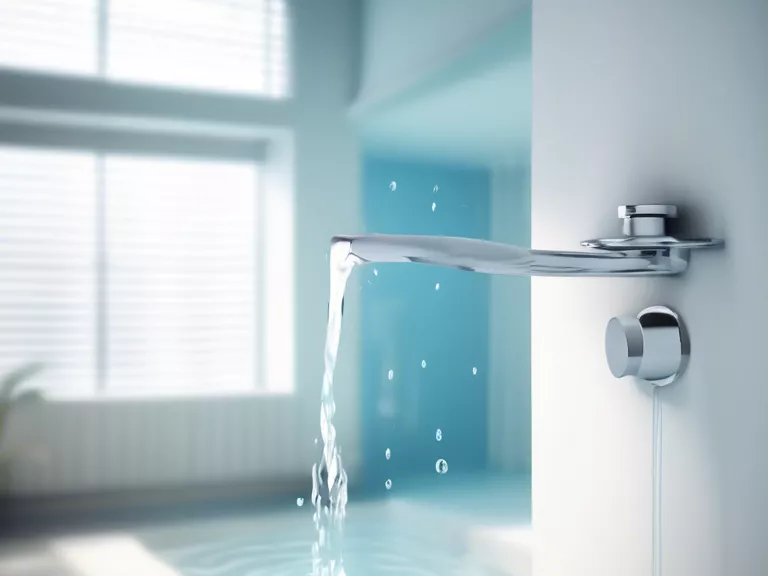
Water damage is a common and costly issue faced by homeowners. However, with the advancement of technology, smart water sensors have emerged as a valuable tool in preventing such damage. These sensors are designed to detect leaks and abnormalities in water flow, helping homeowners take immediate action before major damage occurs. This article explores the role of smart water sensors in safeguarding homes from water damage.
Smart water sensors are small devices that can be installed in various locations around the home, such as under sinks, near water heaters, and in basements. These sensors are equipped with advanced technology that allows them to monitor water usage and detect any deviations from normal patterns. When a leak or abnormality is detected, the sensor sends a notification to the homeowner through a smartphone app, enabling them to address the issue promptly.
One of the key benefits of smart water sensors is their ability to provide real-time alerts. This allows homeowners to take immediate action to shut off the water source and prevent further damage. By catching leaks early, homeowners can avoid costly repairs and potential insurance claims. Additionally, smart water sensors can detect leaks in hidden areas where water damage often goes unnoticed, such as behind walls or under floors.
Another advantage of smart water sensors is their ability to track water usage and identify potential areas for conservation. By monitoring water consumption patterns, homeowners can pinpoint areas of excess water usage and make adjustments to reduce waste. This not only helps to prevent water damage but also contributes to environmental sustainability.
In conclusion, smart water sensors play a crucial role in preventing home water damage. By providing real-time alerts, monitoring water usage, and identifying leaks in hidden areas, these sensors empower homeowners to take proactive steps in safeguarding their homes. Investing in smart water sensors can save homeowners time, money, and stress in the long run.



